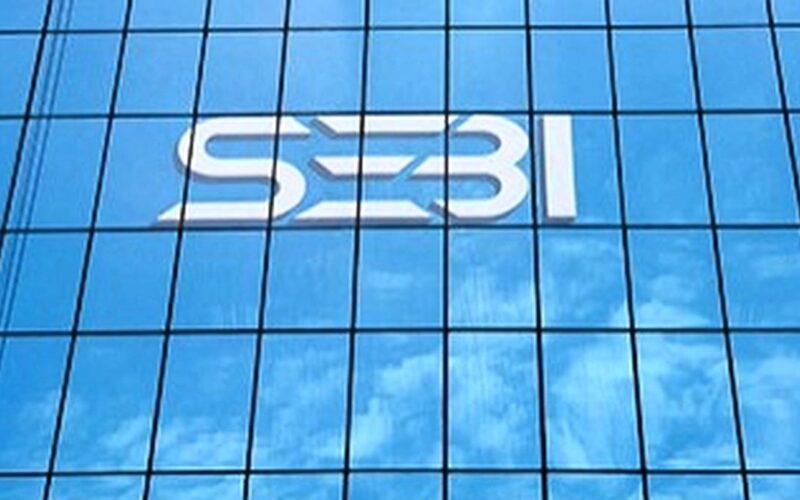#SEBI #MutualFunds #SEBIProposal #PortfolioOverlap #ValueFunds #ContraFunds #DebtSchemes #HybridFunds #REITs #InvITs #InvestorProtection #SEBIConsultation #FinancialPlanning #InvestmentUpdates #MFReforms
Mumbai: The Securities and Exchange Board of India (SEBI) has released a consultation paper proposing a major overhaul of mutual fund scheme categorisation aimed at minimizing portfolio duplication, improving transparency, and simplifying fund names for better investor understanding. This move comes in response to concerns about overlapping investment strategies, which can confuse investors and dilute fund differentiation.
Key Concern: Portfolio Duplication
SEBI identified significant portfolio overlap between certain schemes, particularly Value and Contra funds, which often hold similar stocks despite their distinct investment philosophies. To address this, the regulator has proposed capping the portfolio overlap at 50% at any given time.
This cap must be monitored during New Fund Offer (NFO) deployment and reviewed semi-annually using month-end portfolio data. If an AMC (Asset Management Company) exceeds this threshold, it must rebalance the portfolio within 30 business days, extendable by an additional 30 days with approval from the Investment Committee.
In cases where overlap persists, investors will be provided an exit option without any exit load.
Flexibility Across Asset Classes
Under the proposals, mutual funds will have the flexibility to invest residual assets of equity schemes in debt, gold, silver, REITs, and InvITs. Similarly, debt schemes (excluding ultra-short and money market funds) will be allowed to allocate part of their portfolio to REITs and InvITs, offering broader diversification.
Renaming Debt Categories for Clarity
SEBI has also proposed renaming the “Duration” terminology to “Term” across all debt schemes to make it easier for retail investors to gauge the fund’s maturity horizon. For example:
-
“Low Duration Fund” will be renamed “Ultra Short to Short Term Scheme”.
-
Scheme names will explicitly mention their investment horizon, such as “Overnight Scheme (1 Day)” or “Medium Term Scheme (3–4 Years)”.
This simplified nomenclature is designed to improve investor comprehension and decision-making.
Sectoral Debt Funds & Hybrid Categories
SEBI proposes allowing sectoral debt schemes, provided they maintain a 60% overlap cap compared to other debt or sectoral offerings. The approval will depend on sufficient availability of investment-grade instruments.
Hybrid schemes (except Dynamic Asset Allocation and Arbitrage Funds) will also gain more flexibility, with permission to invest residual assets in REITs and InvITs, further boosting the diversification of investment portfolios.
Arbitrage and Equity Savings Schemes
SEBI has introduced stricter norms for arbitrage funds, limiting their exposure to short-term government securities and repos backed by such securities.
Equity savings schemes must maintain 15%–40% net equity and arbitrage exposure, ensuring greater consistency in their asset allocation strategies and reducing risks associated with excessive leverage.
Solution-Oriented Schemes with Target Dates
To better address specific financial goals like housing, marriage, or retirement, SEBI has recommended introducing life-cycle-based fund-of-funds. These will feature target dates and lock-in periods of 3, 5, or 10 years, helping investors align their investment horizons with personal milestones.
Simplification of Fund Names
To avoid confusion, SEBI recommends replacing the term “Fund” with “Scheme” across categories. For instance:
-
“Large Cap Fund” will be renamed “Large Cap Scheme”,
-
“Mid Cap Fund” will become “Mid Cap Scheme.”
This initiative aims to ensure uniformity and transparency in how schemes are marketed and understood by retail investors.
Industry Impact and Investor Benefits
The proposed categorisation overhaul will bring clear differentiation between investment products, enabling investors to make informed decisions without worrying about hidden overlaps. By limiting portfolio duplication, AMCs will be compelled to sharpen their stock-picking strategies, ensuring unique value propositions for each scheme.
Additionally, expanded flexibility to invest across REITs, InvITs, and alternate asset classes will allow fund managers to capture emerging growth trends beyond traditional equity and debt markets.
The focus on plain-language nomenclature for debt schemes and hybrid products will make mutual fund selection simpler for retail investors, particularly those new to capital markets.
Public Feedback Deadline
SEBI has invited public feedback on its consultation paper until August 8, 2025. The proposals, once finalized, are expected to reshape India’s ₹74.41 trillion mutual fund industry, making it more investor-friendly and transparent.
Hashtags:
#SEBI #MutualFunds #SEBIProposal #PortfolioOverlap #ValueFunds #ContraFunds #DebtSchemes #HybridFunds #REITs #InvITs #InvestorProtection #SEBIConsultation #FinancialPlanning #InvestmentUpdates #MFReforms

